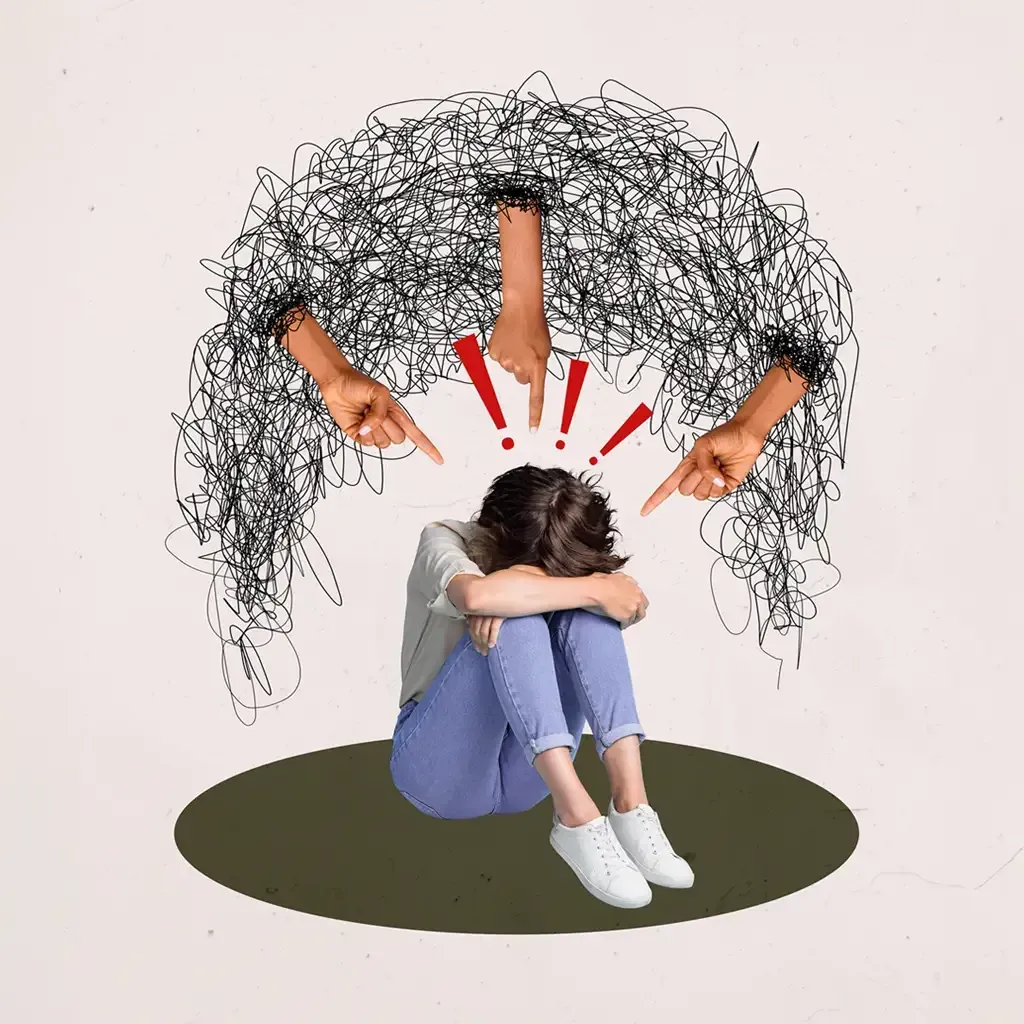Let’s Talk About Grief: How to Support Someone Navigating Loss
Supporting Someone Through Grief: What Really Helps
Grief is something every person will experience at some point in their life, yet it remains one of the most difficult topics to discuss openly. As a therapist, I frequently receive questions about what to say - or what not to say - to someone who is grieving. The truth is, there are no perfect words. Grief often defies language. It’s not just a feeling; it’s an all-encompassing experience that affects the body, mind, and the very way we engage with the world.
Grief Is Deeply Personal
Grief looks different for everyone - there’s no “right” way to go through it, no set timeline, and no single path to follow. While it can be comforting to connect with others who have also experienced loss, it’s important to hold space for the grieving person’s unique journey, rather than unintentionally shifting the focus to your own.
It’s natural to want to relate, and when done thoughtfully, sharing your own story can offer hope, especially to someone who currently sees no light ahead. Just be mindful of how and when you share. Try not to compare losses or suggest that your way of coping is the “right” way. Instead, you might gently offer, “When I went through something similar, this helped me - but I know everyone’s grief is different.”
Sometimes, simply holding space and offering reassurance that healing is possible can be incredibly meaningful. Grief is raw and unique, and showing up with empathy and openness - without needing to fix or rush the process - can make a profound difference.
The Importance of Sustained Support
In the early days following a loss, it’s common for friends, family, and community members to rally around the grieving person/family with condolences, meals, flowers, and regular check-ins. These gestures are often deeply appreciated. But as time goes on, that visible support tends to fade - often long before the grief does.
For the person who is grieving, the absence remains. They may feel as if life is moving forward around them, while they are still trying to figure out how to live in a world that’s forever changed. Sometimes, they may not have the energy to respond to texts or ask for what they need. That doesn’t mean your care isn’t welcome. Continuing to show up - with no expectations and nothing to fix - can be a profound source of comfort.
The First Year Is Especially Challenging
The first year after a loss is often the most difficult. Every milestone - birthdays, holidays, anniversaries - is experienced for the first time without their loved one. These “firsts” can resurface deep waves of pain, even when the outside world expects healing. A gentle check-in or simple acknowledgment of these moments can go a long way.
Talk About Their Loved One
One of the most meaningful ways to support someone who is grieving is to talk about the person they’ve lost. Say their name. Share stories. Recall memories. These small moments of remembrance help keep their loved one’s memory alive and remind the grieving person that they’re not the only one who still carries that connection.
If You Want to Say This, Say This Instead
It’s natural to want to offer comfort, but some common phrases can unintentionally hurt or minimize someone’s experience. Here’s a helpful guide to reframe your support:
If you want to say this...
“Everything happens for a reason.”
Say this instead...
“I don’t have the right words, but I want you to know I care.”
If you want to say this...
“At least they lived a long life.”
Say this instead...
“Please take all the time you need - there’s no timeline for grief."
If you want to say this...
“They’re in a better place now.”
Say this instead...
“I’m thinking of you and holding space for whatever you’re feeling.”
If you want to say this...
“You need to be strong.”
Say this instead...
“You don’t have to go through this alone. I’m here if and when you need me.”
If you want to say this...
“It’s time to move on.”
Say this instead...
“Grief has no timeline - go at your own pace. I’m with you."
If you want to say this...
“I know exactly how you feel.”
Say this instead...
“I can’t imagine what this is like for you, but I’m here to listen."
Even the best-intentioned comments can fall flat when grief is fresh and raw. These reworded alternatives offer acknowledgment, compassion, and space for whatever the grieving person is feeling - without trying to fix what can’t be fixed.
The Gift of Presence
Often, the most healing thing you can do is simply be there. Quietly, gently, and consistently. You don’t have to say anything profound. You don’t have to know the right thing to do. Just being present - not just in the immediate aftermath of a loss, but in the weeks, months, and years that follow - matters more than you may ever realize.
Final Thoughts
Grief is a journey without a roadmap. It unfolds differently for everyone and often lasts far longer than most people expect. But the good news is, you don’t need to have the perfect words or solutions. You just need to care.
Your ongoing presence, empathy, and small acts of support - especially after everyone else has moved on - can be one of the greatest gifts you offer someone walking through loss.
If someone you care about is grieving, reach out with patience, kindness, and an open heart. Let them know they are not alone. And don’t be afraid to speak their loved one’s name. In doing so, you help carry the memory forward - and that, too, is a beautiful kind of support.








